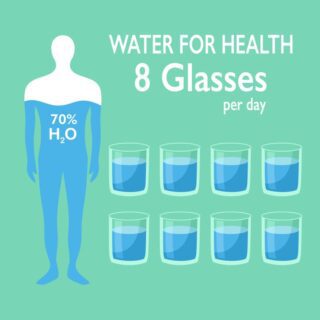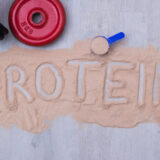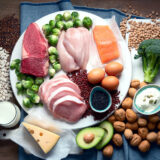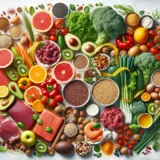The Importance of Protein for Muscle Growth and Repair
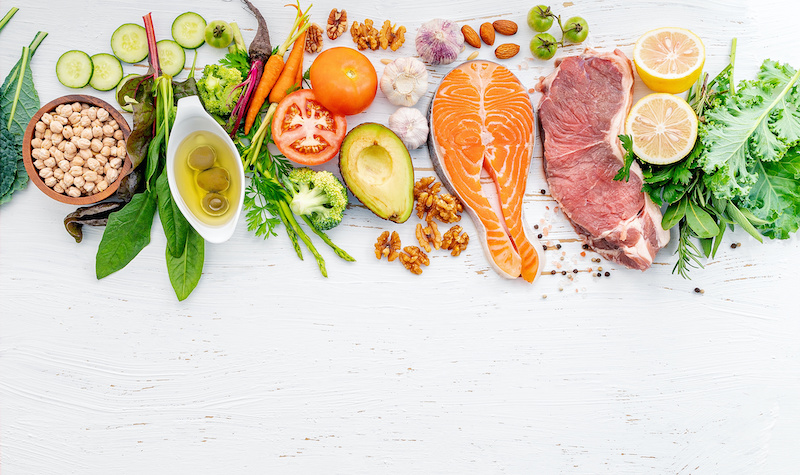
Introduction
Protein is one of the most essential macronutrients your body needs, especially when it comes to building and repairing muscle. Whether you’re an athlete, bodybuilder, or simply looking to stay healthy, protein plays a crucial role in supporting muscle growth, recovery, and overall strength. In this article, we’ll discuss why protein is important for muscle health, how much you need, and the best sources of protein.
Why Is Protein Important for Muscle Growth?
Amino Acids and Muscle Repair:
- Proteins are made up of amino acids, which are the building blocks of muscle. When you exercise, especially strength training, small tears form in the muscle fibers. Protein helps repair these tears, leading to muscle growth and increased strength.
Supports Recovery After Exercise:
- After a workout, your muscles are in a state of repair. Consuming protein shortly after exercise provides the necessary nutrients to speed up recovery, reduce soreness, and rebuild muscle tissue more efficiently.
Prevents Muscle Breakdown:
- Inadequate protein intake can lead to muscle breakdown, especially during periods of calorie restriction or intense exercise. Ensuring adequate protein helps maintain muscle mass and prevent muscle loss.
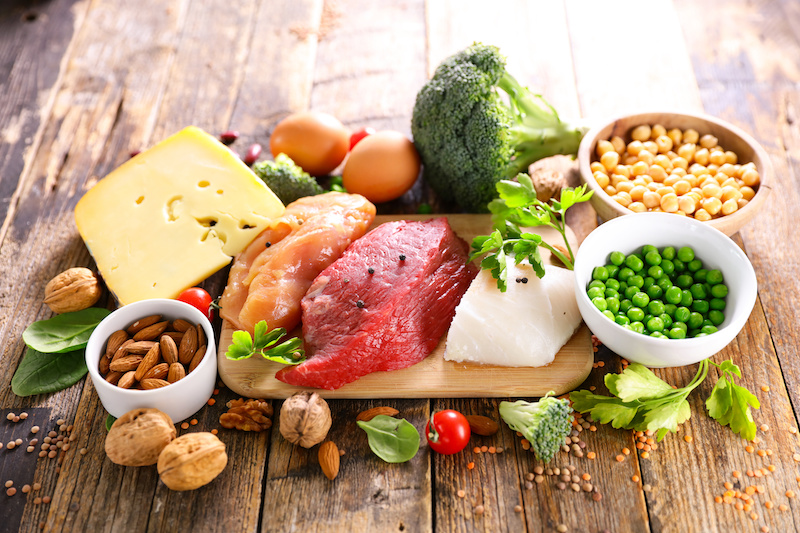
How Much Protein Do You Need?
General Guidelines:
- The Recommended Dietary Allowance (RDA) for protein is 0.8 grams per kilogram of body weight for the average adult. However, for athletes or those engaging in strength training, protein needs may be higher—up to 1.6-2.2 grams per kilogram of body weight.
Timing Matters:
- Consuming protein evenly throughout the day can enhance muscle protein synthesis. Aim to include a source of protein with each meal, especially after workouts to maximize recovery.
Protein and Weight Loss:
- Protein is also important for weight loss as it helps preserve lean muscle mass while promoting fat loss. A higher protein intake can increase satiety and reduce overall calorie consumption.
Best Sources of Protein
Animal-Based Proteins:
- Chicken, Turkey, and Lean Beef: These are excellent sources of complete protein, meaning they contain all nine essential amino acids needed for muscle repair.
- Fish: Salmon, tuna, and mackerel provide not only high-quality protein but also omega-3 fatty acids, which support muscle recovery and reduce inflammation.
- Eggs: Eggs are one of the best sources of bioavailable protein, making them an ideal choice for muscle building.
Plant-Based Proteins:
- Legumes: Lentils, chickpeas, and black beans are rich in protein and fiber, making them great options for vegetarians and vegans.
- Tofu and Tempeh: These soy-based foods provide a complete source of protein and are versatile in various recipes.
- Quinoa: Unlike most grains, quinoa contains all nine essential amino acids, making it a perfect protein source for plant-based diets.
How to Incorporate More Protein into Your Diet
Plan Protein-Rich Meals:
- Focus on including a source of protein in every meal, whether it’s lean meat, fish, eggs, or plant-based options like beans or tofu.
Post-Workout Protein:
- After exercise, consume a protein-rich snack or meal to support muscle recovery. A protein shake, Greek yogurt, or eggs are great options.
Combine Plant Proteins:
- To ensure you’re getting all essential amino acids from plant-based sources, combine different protein-rich foods, such as rice and beans or lentils and quinoa.
Conclusion
Protein is essential for muscle growth, repair, and recovery. By incorporating protein-rich foods into your diet and ensuring adequate intake, especially post-exercise, you can support your muscle-building goals and maintain overall strength and health.
Summary:
- Protein supports muscle growth by repairing muscle fibers and aiding recovery after exercise.
- Athletes and strength trainers need more protein than the general population to prevent muscle breakdown and enhance performance.
- Animal-based proteins like chicken and fish, along with plant-based options like tofu and legumes, are excellent sources of protein.

This article reviewed by Dr. Jim Liu, MD and Ms. Deb Dooley, APRN.
There’s nothing more important than our good health – that’s our principal capital asset.
#medical #telehealth #umedoc




